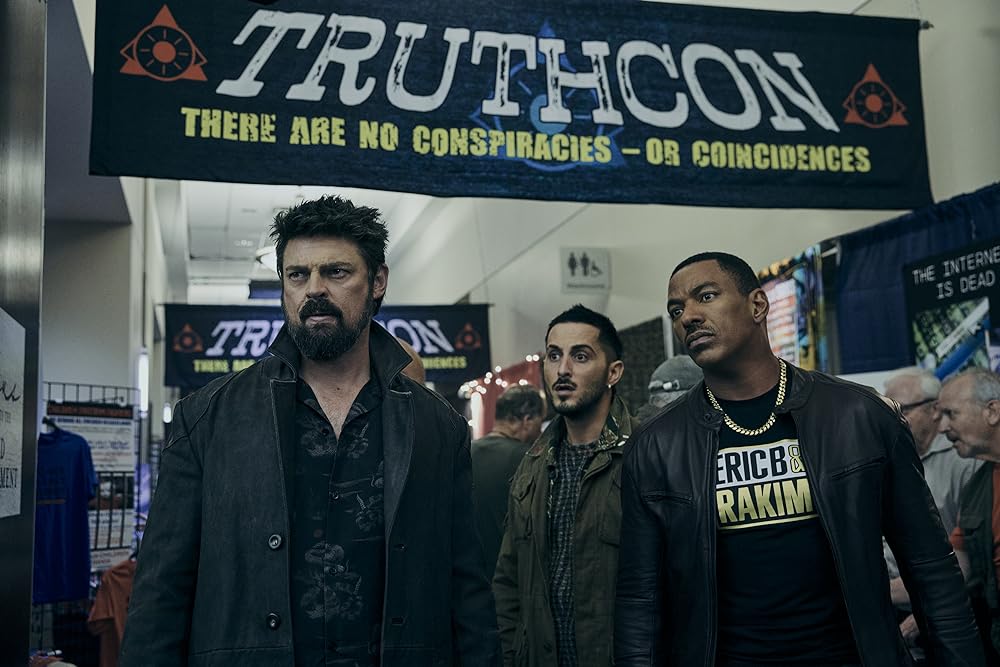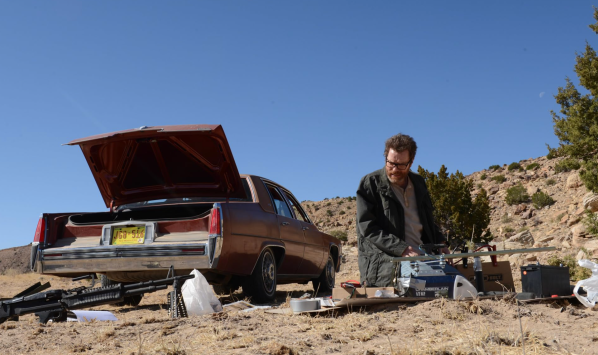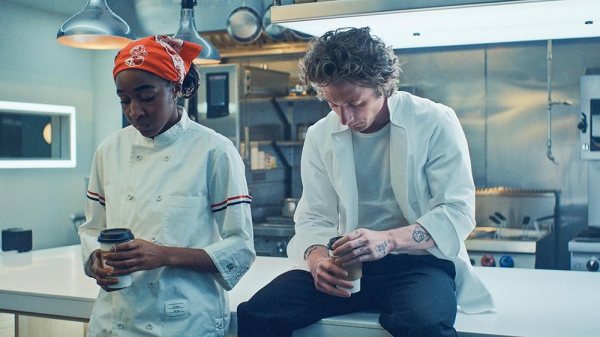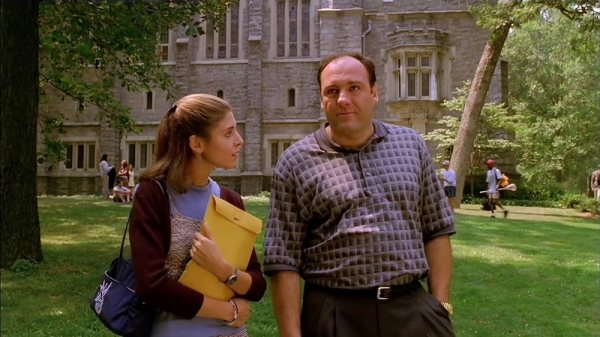Over the course of its four seasons, The Boys has always been a highly political show. As the Amazon series has rolled on, something else has become clear: Its political attitude is highly cynical.
The world of The Boys is controlled by corrupt corporations, evil superheroes, shady billionaires, and the aggrieved ordinary people who support them. Most of the superheroes—or “supes,” as they’re called—walk around the normal world like gods in ancient Greek mythology, going on rampages of terror without ever being held accountable for their crimes. They treat human beings as worthless and expendable objects. Yet despite their horrible behavior, the supes still command popular support, which they obtain by spreading misinformation on social media and appealing to the bigotry of mortals. What the show presents, then, is a racist, sexist, capitalistic, and deeply unjust society where the privileged oppress the many and are aided in this project by evil and idiotic right-wingers.
Such is the cynical moral universe of The Boys. Society is a dystopian hellhole where the powerful impose suffering on the weak. Most people in power are selfish sociopaths who will do anything, no matter how immoral, to maintain their privilege. Ordinary people are routinely exploited or duped. The few individuals who care about creating a better world are scattered and weak.
The show gives artistic expression to a way of seeing society that is fairly widespread on the left today. In this view, the ills of society are nearly impossible to overcome. Corporations are too powerful, politicians too greedy, and ordinary people too racist, sexist, and/or stupid for anything to ever change. Many leftists in previous eras championed the idea of progress; in some quarters on the left today, it has become more fashionable to be pessimistic and think that our society is irredeemable.
Political worldviews offer an account of the way society is, a vision of what a society ought to be like, and an explanation of how to get from the former to the latter. Unfortunately for The Boys, its trajectory thus far makes it really hard to imagine how it could transcend its cynical view of how society works. Different endings of the show would imply different visions of how society should be and how to get there, but the main possible endings are all unsatisfying.
For example, Homelander (Antony Starr), one of the main antagonist supes in the show, may just kill the titular Boys—the rebels, both human and supe, trying to defeat him. Or perhaps Billy Butcher (Karl Urban) and the Boys would kill Homelander, only to install themselves as the equally evil rulers of a new regime. Or maybe there’s a third way: The Boys could kill Homelander and become good rulers themselves, more or less fixing all the injustices of society.
The problem is that the politics implied by all three endings are thoroughly unattractive. If Homelander wins, then the show is nihilistic—unjust power is invincible, so nothing matters. If the Boys win but society remains just as evil as before, the show implies that power is inherently corrupting, leading one to wonder whether a communistic or radically egalitarian solution that does away with hierarchies of rulers and ruled might be the way to go. But inequality seems to be an ineliminable feature of all human societies, and trying to abolish it entirely is a utopian delusion. And if the Boys win and solve all the injustices of society, the showrunners come out looking naïve. For if the show has spent the majority of its run suggesting that the institutions of society are fundamentally corrupt, why would audiences believe that replacing the individuals who run them would make everything better?
Politically, then, the showrunners seem to have written themselves into a corner. However they choose to end the show, its political message seems bound to come off looking delusional.
The lesson, then, is that cynicism is a political dead-end. Painting society as a hopeless dystopia leaves you with no good political options. The cynic can say that the only way to solve our problems is by burning society to the ground and starting over, but then he is a fantasist. Or he can say that we should just dislodge the ruling class and install good people in their place, but then he is naïve. Or finally, he can say that we should give up the struggle since society is doomed—but then he is a nihilist.
What the frustrating possible outcomes to The Boys suggest is that an attractive worldview has to reject cynicism and embrace the hope that society can make progress. That’s a lesson as applicable to the right as it is to the left. The right has always had—and continues to have—its fair share of apocalypticism. Rightist cynics agree with leftist ones that society is finished, but they see the evidence of this in different phenomena. If leftist cynics focus on inequalities of power, rightist cynics point to secularization, the decline of family life, or the left’s control of cultural institutions. Just like the cynics of the left, the cynics of the right end up proposing solutions that are delusional or perverse.
A more attractive way of looking at society grants, on the one hand, that real injustices exist and that they can and should be mitigated. On the other hand, this view grants that while these injustices may be remedied, there will never be a perfect solution to all our problems. We can make things better; we can’t make things perfect, human nature being what it is. This has always been the classically conservative position, when stated in its most compelling version.
A more satisfying ending to The Boys would hold that not all abuses will be remedied, but that justice could be pursued and imperfectly realized. (Perhaps Butcher could kill Homelander but still have to fight other, less-evil supes.) But that political solution does not seem to be genuinely available to the makers of The Boys. It’s unavailable because it requires hope, and the show has over four seasons proven itself to be cynical. That’s its ultimate dilemma as it heads into its final season: It can either retain its cynical outlook and propose a fantastical solution, or else abandon its cynicism, and propose a conservative one.






Please note that we at The Dispatch hold ourselves, our work, and our commenters to a higher standard than other places on the internet. We welcome comments that foster genuine debate or discussion—including comments critical of us or our work—but responses that include ad hominem attacks on fellow Dispatch members or are intended to stoke fear and anger may be moderated.
With your membership, you only have the ability to comment on The Morning Dispatch articles. Consider upgrading to join the conversation everywhere.